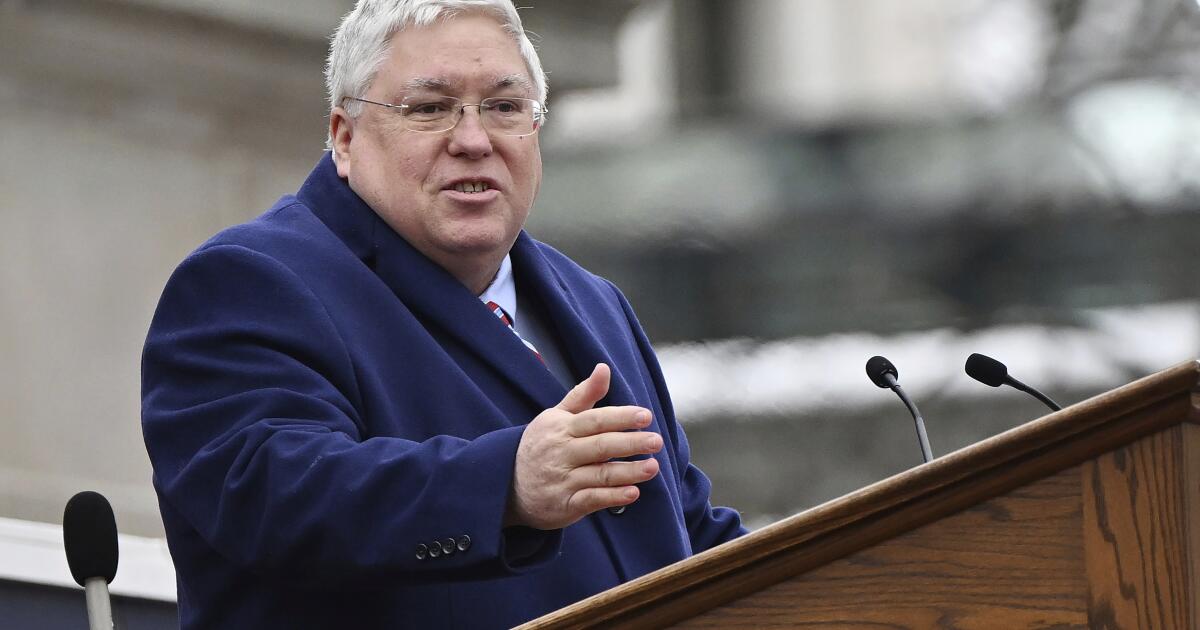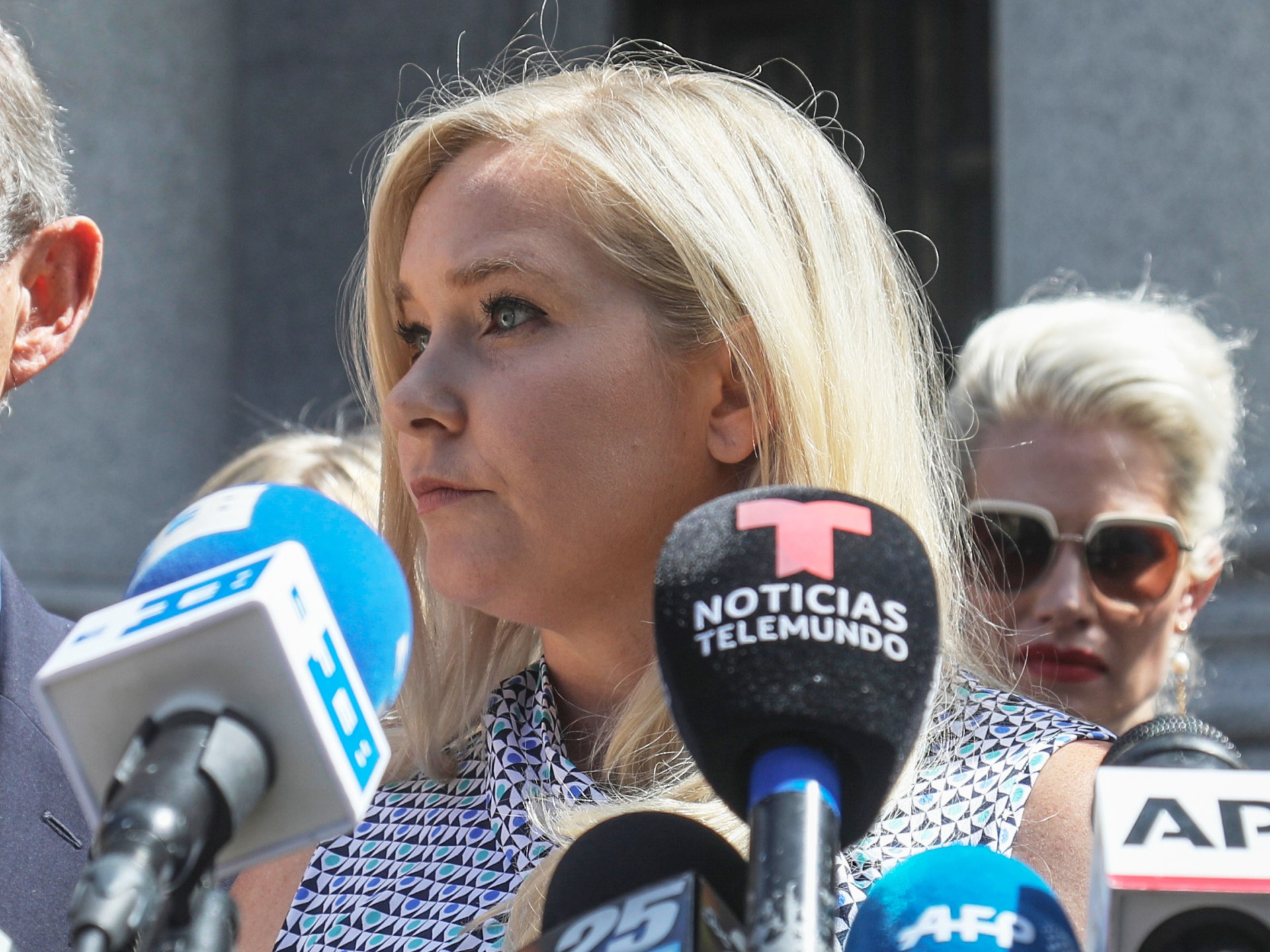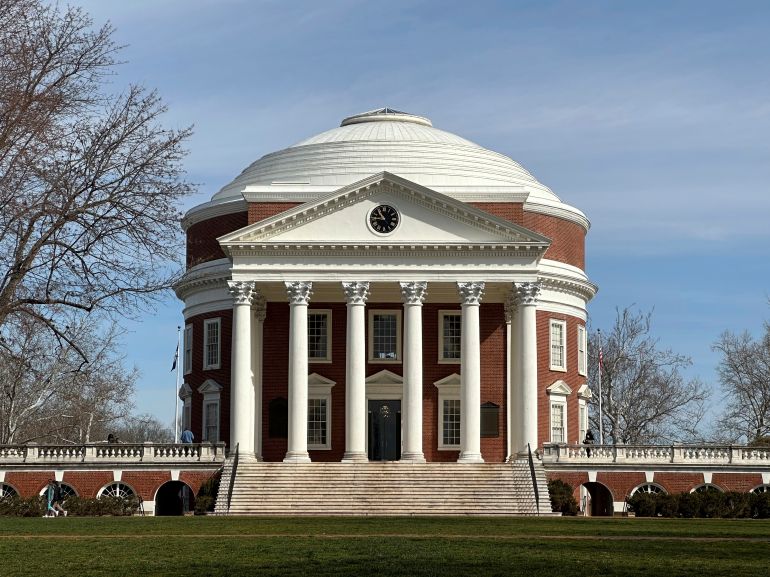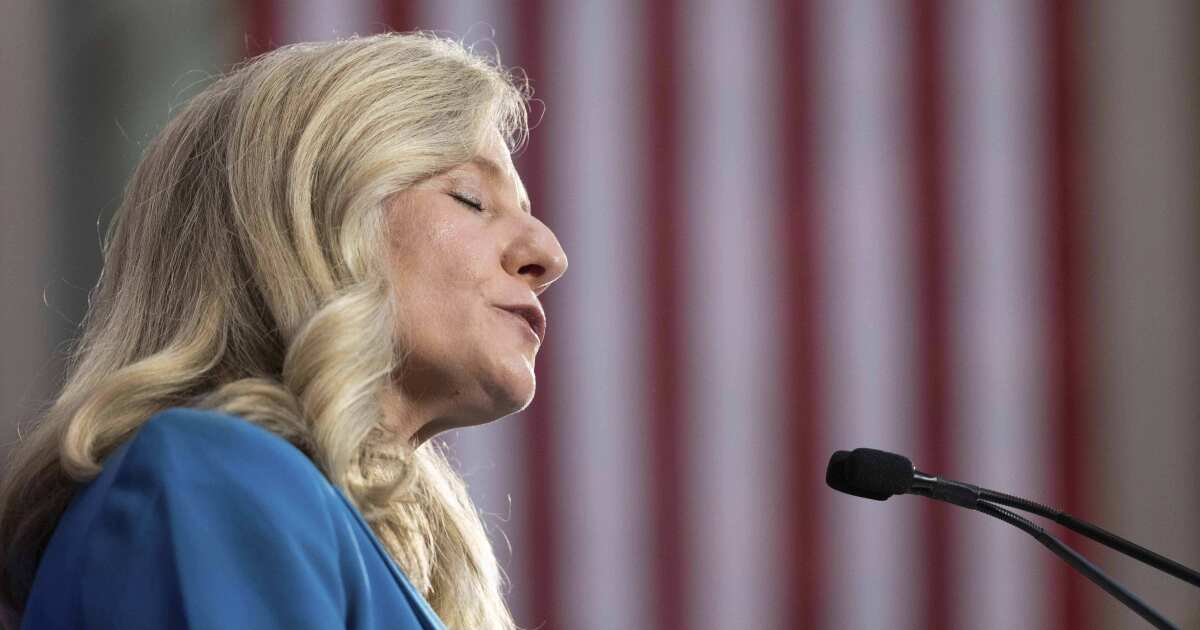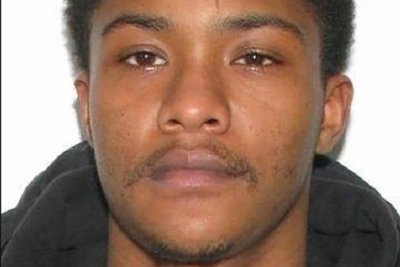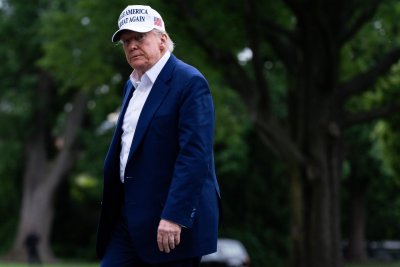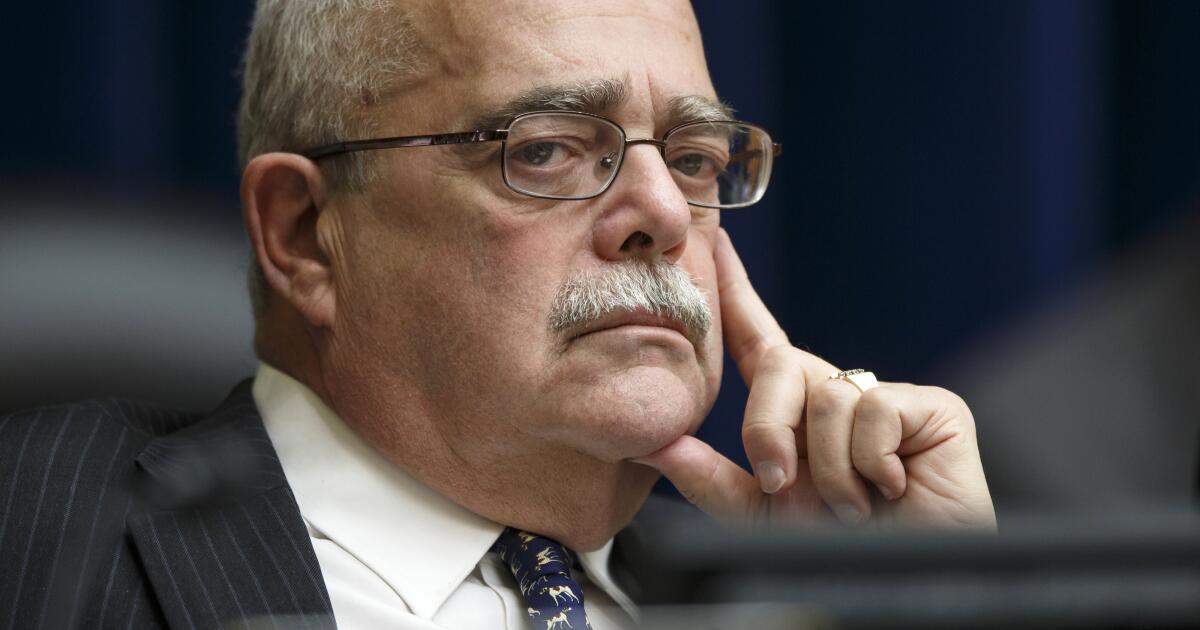West Virginia sends hundreds of National Guard members to D.C. at Trump team’s request
WASHINGTON — Hundreds of West Virginia National Guard members will deploy across the nation’s capital as part of the Trump administration’s assumption of control over policing in the District of Columbia in what it says is part of a nationwide crackdown on crime on homelessness.
The move comes as federal agents and National Guard troops have begun to appear across the heavily Democratic city after Trump’s executive order on Monday federalizing local police forces and activating about 800 D.C. National Guard troops.
By adding outside troops to join the existing National Guard deployment and federal law enforcement officers temporarily assigned to Washington, President Trump is exercising even tighter control over the city. It’s a power play that the president has justified as an emergency response to crime and homelessness, even though district officials have noted that violent crime is lower than it was during Trump’s first term in office.
A protest against Trump’s intervention drew scores to Washington’s Dupont Circle on Saturday afternoon before a march to the White House, about a mile and a half away. Demonstrators assembled behind a banner that said, “No fascist takeover of D.C.,” and some in the crowd held signs that said, “No military occupation.” Trump was at his Virginia golf club after Friday’s summit with Russian President Vladimir Putin in Alaska.
Gov. Patrick Morrisey, a Republican, announced Saturday that he was sending a contingent of 300 to 400 National Guard members.
“West Virginia is proud to stand with President Trump in his effort to restore pride and beauty to our nation’s capital,” Morrisey said.
Morgan Taylor, one of the organizers of Saturday’s protest, said demonstrators who turned out on a hot summer day were hoping to spark enough backlash to Trump’s actions that the administration would be forced to pull back.
“It’s hot, but I’m glad to be here. It’s good to see all these people out here,” she said. “I can’t believe that this is happening in this country at this time.”
Protesters said they are concerned about what they view as Trump’s overreach, arguing that he had used crime as a pretext to impose his will on Washington.
John Finnigan, 55, was taking an afternoon bike ride when he ran into the protest in downtown Washington. A real estate construction manager who has lived in the capital for 27 years, he said that Trump’s moves were “ridiculous” because “crime is at a 30-year low here.”
“Hopefully some of the mayors and some of the residents will get out in front of it and try and make it harder for it to happen in other cities,” Finnigan said.
Jamie Dickstein, a 24-year-old teacher, said she was “very uncomfortable and worried” for the safety of her students given the “unmarked officers of all types” now roaming Washington and detaining people.
Dickstein said she turned out to protest with friends and relatives to “prevent a continuous domino effect going forward with other cities.”
The West Virginia National Guard activation suggests the administration sees the need for additional manpower, after Trump played down the need for Washington to hire more police officers.
Maj. Gen. James Seward, West Virginia’s adjutant general — a chief aide to the governor and commanding general of the National Guard — said in a statement that members of the Guard “stand ready to support our partners in the National Capital Region” and that the Guard’s “unique capabilities and preparedness make it an invaluable partner in this important undertaking.”
Federal agents have appeared in some of the city’s most highly trafficked neighborhoods, garnering a mix of praise, resistance and alarm from local residents and leaders across the country.
City leaders, who are obligated to cooperate with the president’s order under the federal laws that direct the district’s local governance, have sought to work with the administration, though they have bristled at the scope of the president’s takeover.
On Friday, the administration reversed course on an order that aimed to place the head of the Drug Enforcement Administration as an “emergency police commissioner” after the district’s top lawyer sued to contest. After a court hearing, Trump’s attorney general, Pam Bondi, issued a memo that directed D.C.’s Metropolitan Police Department to cooperate with federal immigration enforcement regardless of any city law.
District officials say they are evaluating how to best comply.
In his order Monday, Trump declared an emergency, citing the “city government’s failure to maintain public order.” He said that impeded the “federal government’s ability to operate efficiently to address the nation’s broader interests without fear of our workers being subjected to rampant violence.”
In a letter to city residents, Mayor Muriel Bowser, a Democrat, wrote that “our limited self-government has never faced the type of test we are facing right now.”
She added that if Washingtonians stick together, “we will show the entire nation what it looks like to fight for American democracy — even when we don’t have full access to it.”
Brown and Pesoli write for the Associated Press. AP writer Josh Boak contributed to this report.
